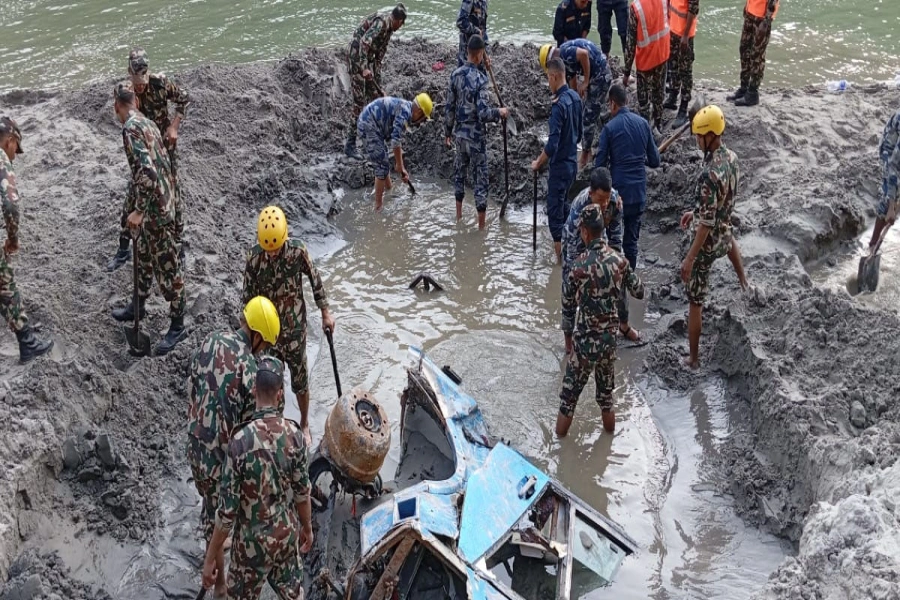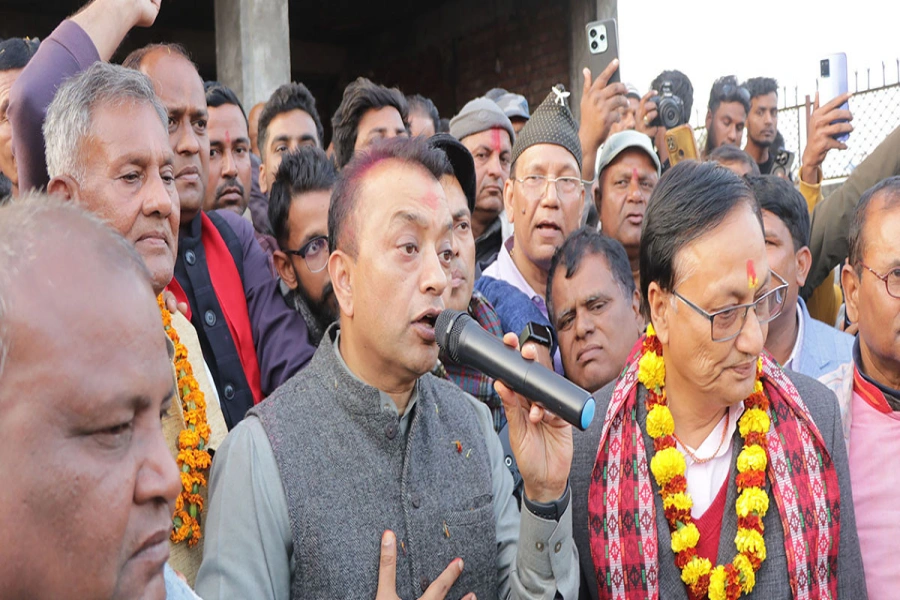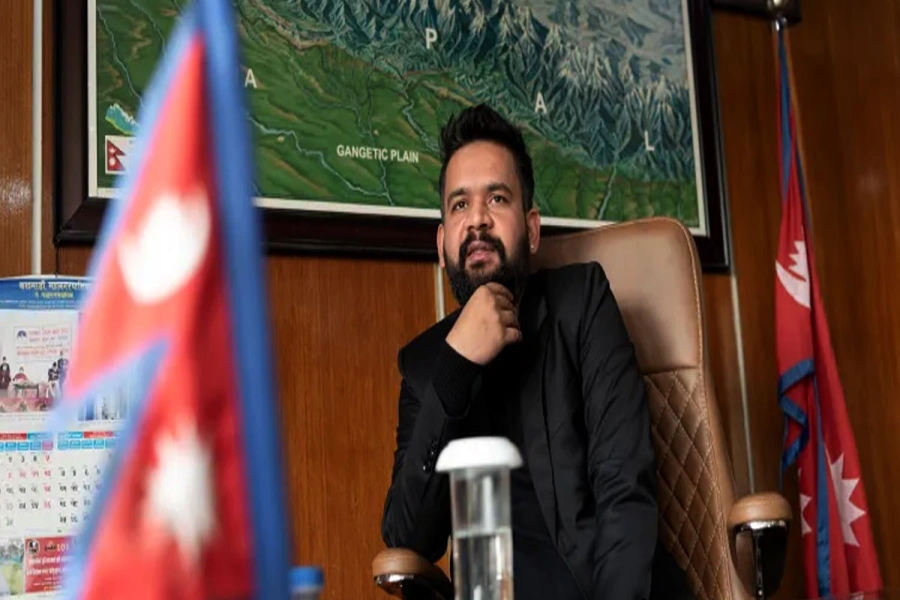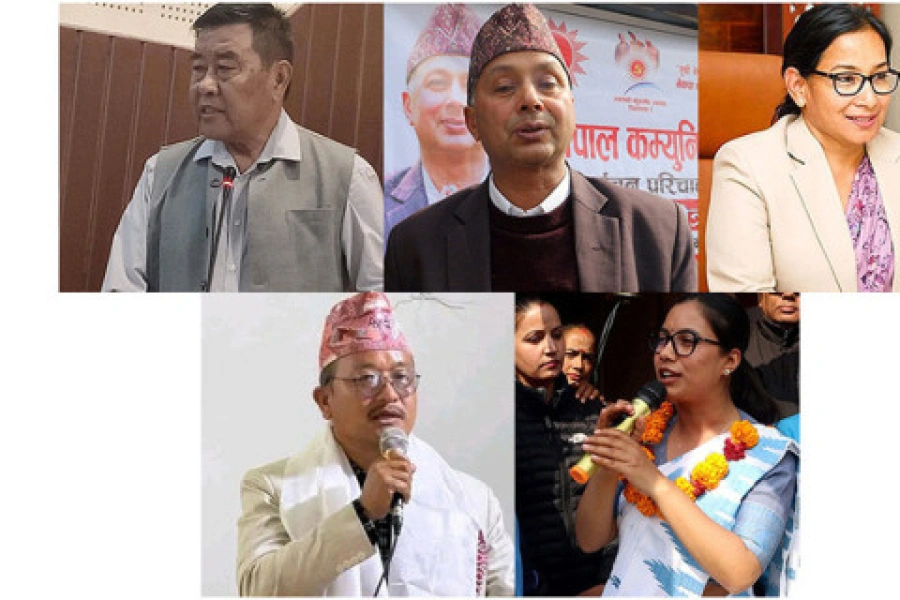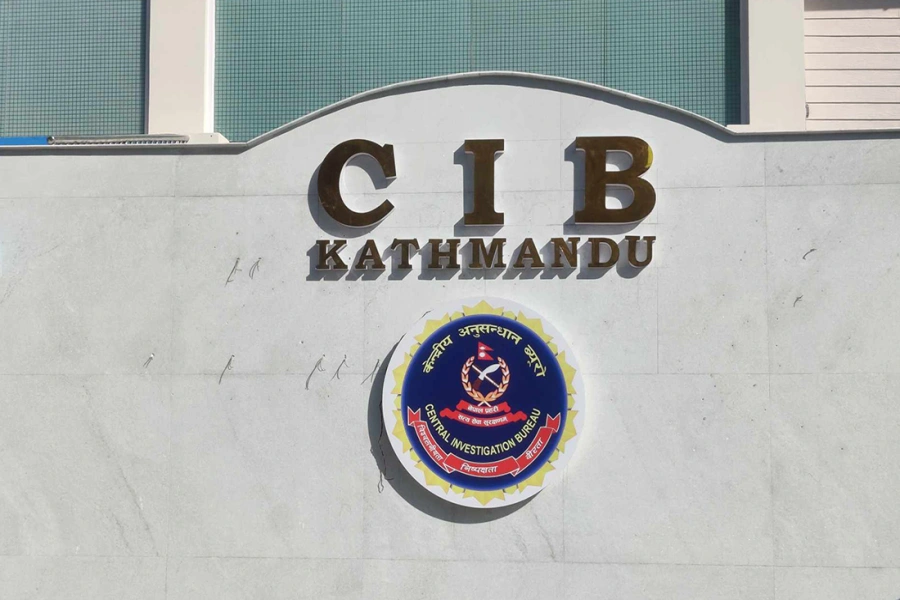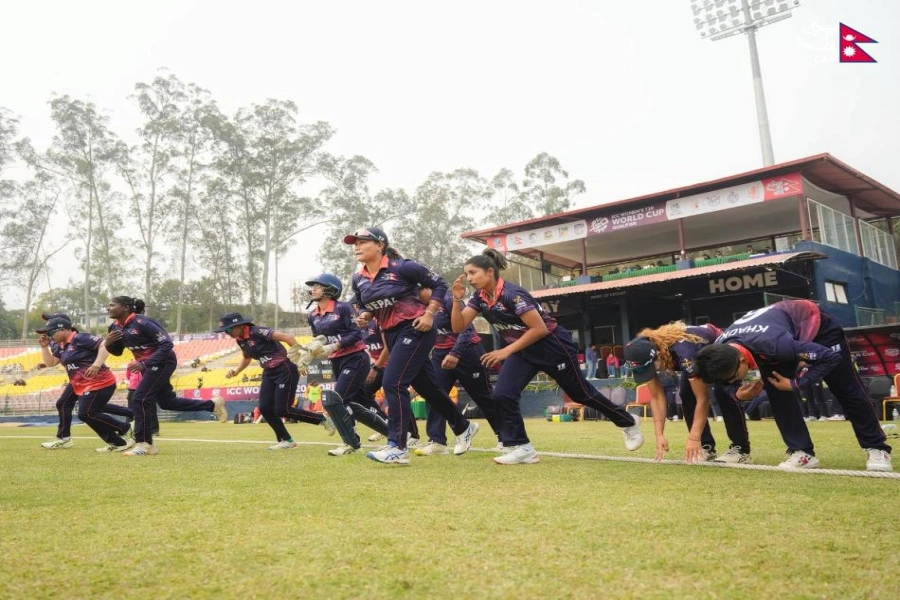The case smells clearly of corruption and poor planning. Locals have already claimed that sub-standard materials were used during construction period. The road in reality was designed to carry up to 70 tons of weight but it has not even been able to bear even vehicles carrying light consignments. Under the circumstances, investigation is a must to find out what went wrong. The contractors along with engineers and technicians of the hydropower project must be questioned. The truth must be brought out immediately. As a short-term relief to the locals, the repair work must resume at once.
The problem, however, lies in the system itself. We need to cleanse it once and for all. Corruption is so rampant that it exists at every level. And road constructions have remained prone to such malpractices for years now in the country. Contractors collaborate with government employees to drain the state coffers. When builders get hold of lump sums they complete the constructions hurriedly with sub-standard materials and without proper planning, which ultimately costs the state coffer for the funds for repair works or to build drainage, for example, have to be borne by the state agencies. The nexus between the government employees, politicians and the contractors must be checked at once. As per one estimate, the national road network in Nepal is worth about Rs 90 billion (US$1.3 billion). It is a substantial investment, which like every other investment needs to be maintained. Typically, just the maintenance cost for roads is said to be about three percent of their construction costs each year. Roads are, therefore, very big business and corruption in this sector must be stopped.
Country roads



